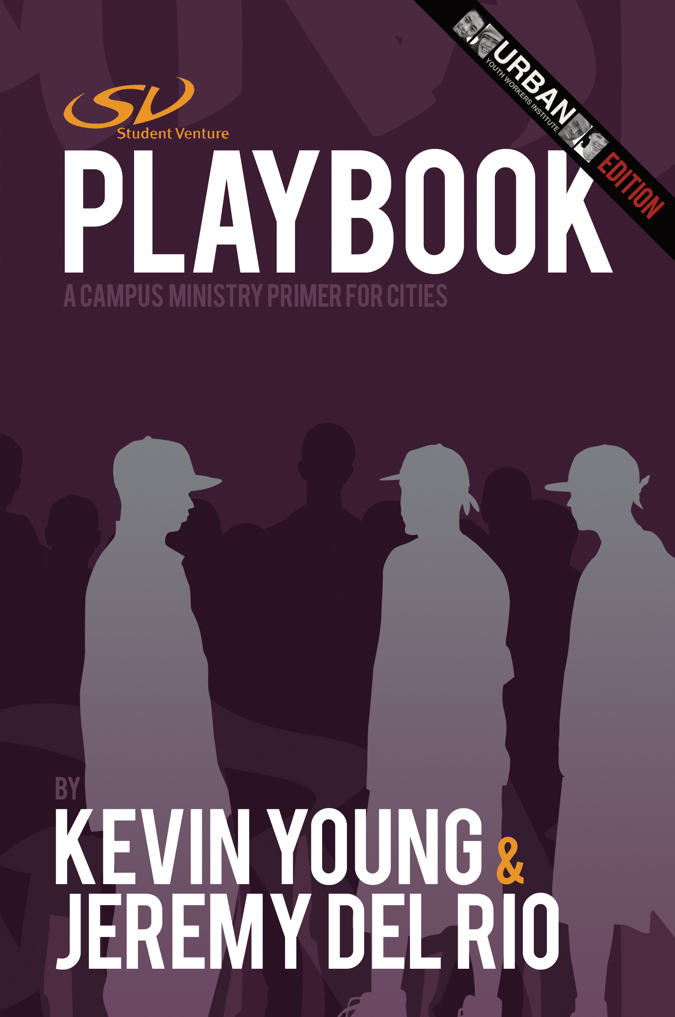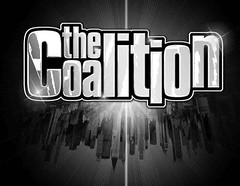« On living in Egypt | Home | She had a dream, and wasn’t afraid to take the bus to get there »
The intersection of faith and politics
By Jeremy | October 24, 2005
“In fact, evangelical views aren’t timeless at all. Before the Civil War, most Southern evangelicals (and a good fraction of Northern ones, too) said that the Bible sanctioned slavery. In the 20th century, evangelical ministers supported eugenics, racial segregation and a host of other evils. But evangelicals stood at the forefront of progressive change, as well  in fact, evangelical Christianity powered every great liberal social reform in American history. “Evangelicals have always disagreed about the political implications of their faith. To the abolitionist firebrand William Lloyd Garrison, for example, slavery insulted ‘the majesty of Heaven.’ Evangelical ministers who endorsed or tolerated slavery were ‘blackhearted clergy,’ the ‘implacable foes of God and man.’ “A few decades later, Social Gospel ministers preached on behalf of labor unions, women’s suffrage and the income tax. ‘God’s laws of right and wrong are ever the same and cannot be changed,’ wrote one Baptist minister, in a plea for workers’ rights. ‘God shall save the children of the needy, and shall break into pieces the oppressor.’ “After World War Two, this same evangelical impulse  messianic, absolute and uncompromising  powered the civil-rights movement. ‘If we are wrong, God Almighty is wrong!’ Martin Luther King, Jr. thundered in 1955. ‘If we are wrong, Jesus of Nazareth was merely a utopian dreamer that never came down to Earth.’ “Garrison and King believed in the divine inspiration of the Bible, the mission to convert others, and the need for salvation in Christ. But they tethered this faith to progressive reform, seeking to make society more just, fair, and impartial. “Today, by contrast, evangelicals are more likely to embrace conservative politics.†Article.
Topics: faith, politics | No Comments »
Comments are closed.

 Welcome to the professional website and personal weblog of Jeremy Del Rio. Whether you're a client, friend, or curious onlooker, please don't stay a spectator. Engage the conversation. Your contributions matter here.
Welcome to the professional website and personal weblog of Jeremy Del Rio. Whether you're a client, friend, or curious onlooker, please don't stay a spectator. Engage the conversation. Your contributions matter here.

















